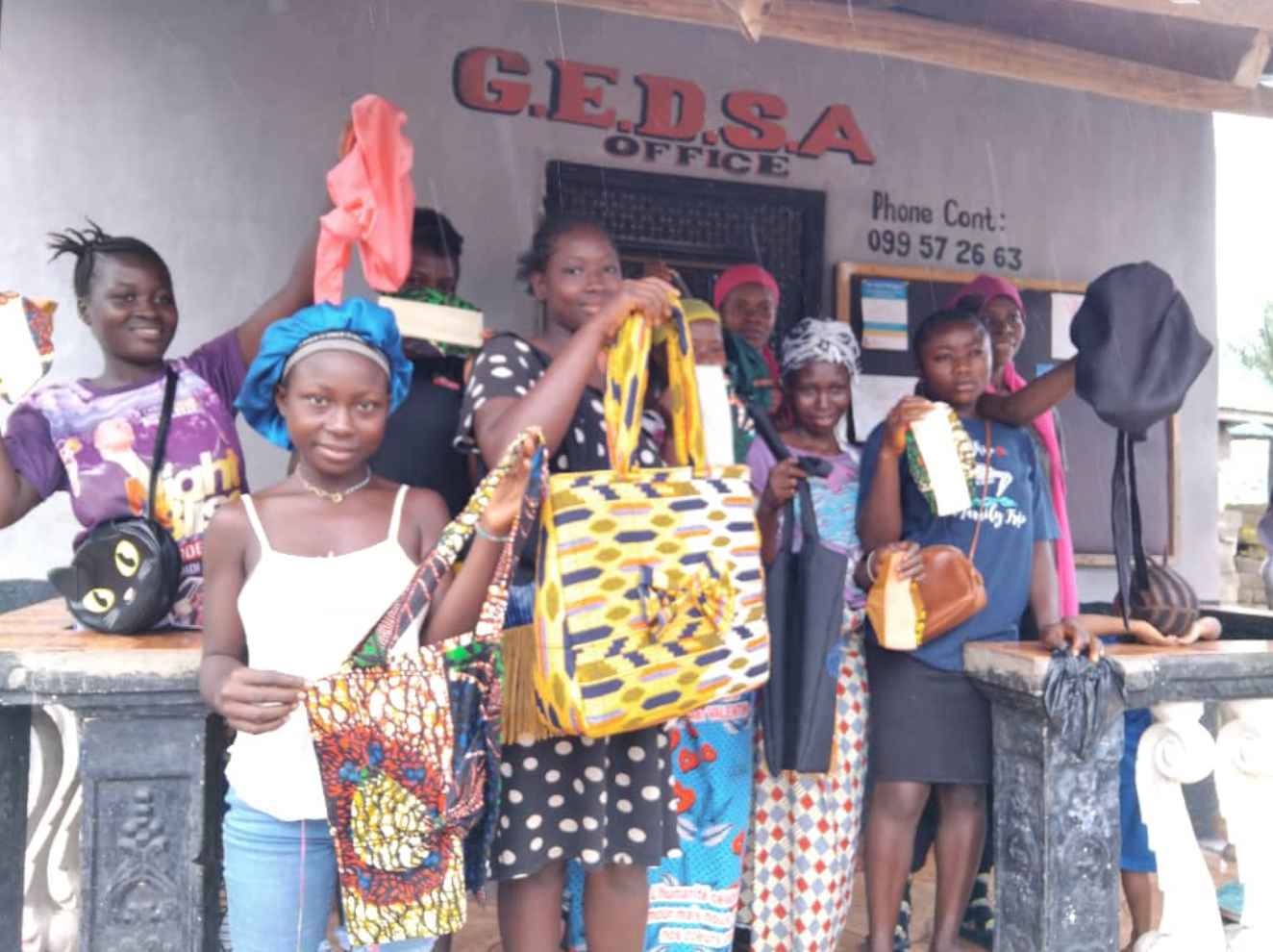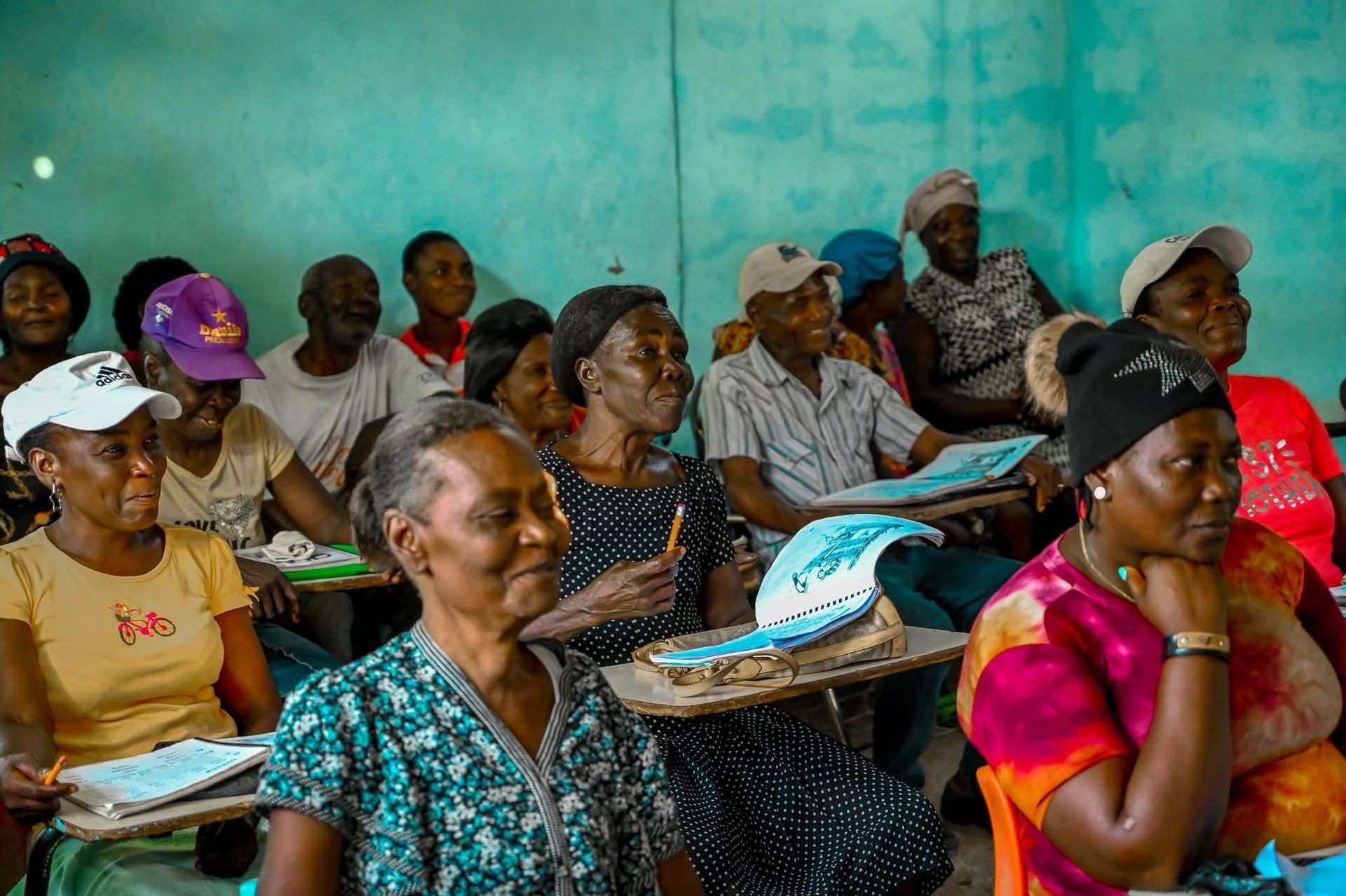Creating Change - The World I want to Live in (FAQs)
We have had quite a few questions coming in during the last few weeks so we thought we would put together some FAQ’s.
Why did we focus so broadly on human rights as this is a huge topic?
We agree, it is a huge topic but we didn’t want to push students onto a particular topic, we wanted students to choose the topic that’s important to them right now in this moment. We hope that if students and teachers find the resource useful, they will return to it again and again for ideas.
My students are aged 11-16 years and have moderate learning difficulties, is it possible for them to enter the primary category?
We want as many young people as possible to learn about human rights and enter the competition. We had to set some criteria to get us started but we are flexible about categories. We will be led by teachers on which competition category your students enter as teachers know their student's ability best. What’s important is that everyone gets an opportunity to participate if they want to.
How many topics can students choose?
Students and educators can choose as many topics as they wish, we realise it will perhaps depend on the work they are currently doing. We kept the resource broad so anyone can join in and we have seen teachers use the resource across a wide range of subjects so far.
We don’t have much time to focus on creative arts at our school at the moment, what would you advise?
There is something for everyone in the resource pack to spark a discussion around human rights, it doesn’t matter how big or small your project, what’s important is enabling young people’s voices to be heard about the things that matter to them. This resource can be used across the curriculum as it links well with many core subjects.
We have really tight budgets at our school so buying new materials is not something we are able to do?
The idea is to have the conversation with students and see where it goes. Every school has materials that can be recycled, a smart phone to allow students to record their voices and take photos in their communities. The artists that supported us have some very simple ideas which don’t require the purchase of new materials.
You can find the artists ideas on pages 20 to 25 of the resource pack which
you can find here.
Good luck 🤞🏽




